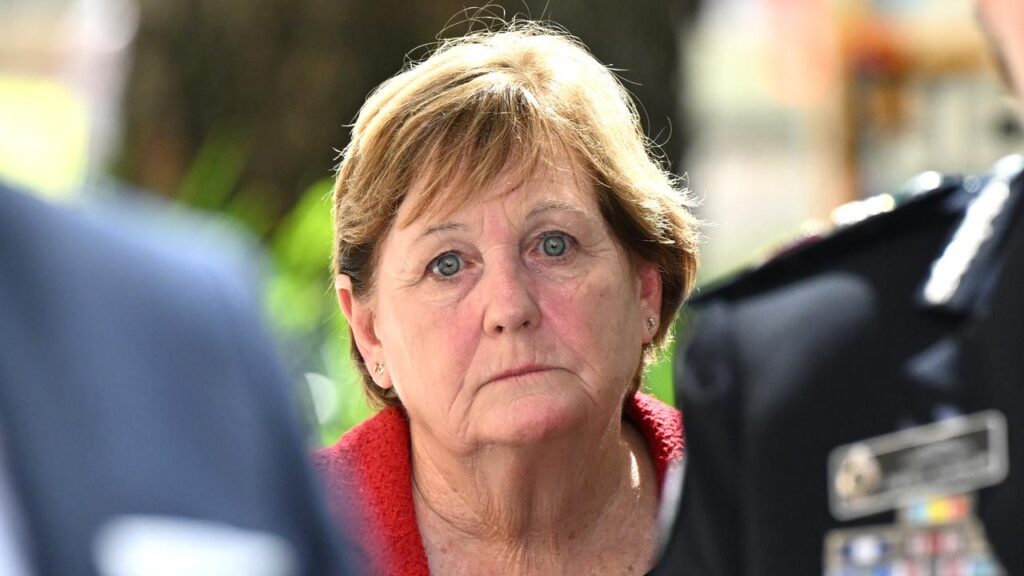Daniel’s legacy in law to protect kids from predators
Fraser Barton |

More than 20 years after his shock abduction, Daniel Morcombe’s legacy lives on.
Landmark legislation has been introduced to Queensland parliament creating a child sex offender registry under Daniel’s Law in honour of the slain 13-year-old.
The milestone marks a special day for parents Bruce and Denise Morcombe after working tirelessly to improve child safety since tragically losing their son in 2003.
Yet they are far from done, vowing to push for a national registry of sex offenders.
“Today’s a really proud day for Daniel’s Law to be going through as legislation and it’s Daniel’s legacy at work to keep all of our kids safe,” Denise Morcombe said.

The laws are designed to help people identify child sex offenders in breach of their court orders, find out if any live nearby and check the background of anyone who has unsupervised access to their children.
There are also safeguards aimed at stopping people from misusing the public register, with vigilantes facing jail terms of up to 10 years.
Daniel was wearing a red T-shirt when he was abducted while waiting for a bus in 2003 on the Sunshine Coast and later murdered by a man with a history of child sex abuse.
Wearing a red tie, Bruce Morcombe on Wednesday said the existence of a public child sex offender register in 2003 may not have protected his son.
But he was confident the registry would become an important tool for people to help shield their kids from future horrors.
“Daniel was abducted by a twice-convicted hideous monster on the side of the road,” Mr Morcombe said.
The family did not know the offender but under this legislation he would have been identified if someone in Queensland had made those applications, he added.
“So Daniel’s Law does have some clout. It will protect kids from Queensland, and Daniel’s legacy lives on.”

Mr Morcombe said the register may also deter pedophiles or people going down the wrong path.
He said it could be the trigger for would-be child sex offenders to seek help, knowing they could be publicly identified.
The Queensland registry mirrored that of Western Australia, with South Australia and Tasmania set to introduce their own in 2025.
Mr Morcombe said momentum is growing for a national publicly accessible sex offender register.
“The federal government should have a look at this because it’s sensible, it’s practical, it’s balanced, and it’ll help protect kids,” he said.

Under Daniel’s Law, child sex offenders who fail in their reporting obligations will have their information available to the public on the register.
People will also be able to apply for information on whether child sex offenders live in their area, including images of the person.
Parents and caregivers can apply to the register and check whether another adult or person set to look after their child has a history of child sex offences.
However, anyone who uses the registry’s information to incite violence or harass an offender faces up to 10 years in jail. Unauthorised sharing of information on the register carries a maximum three-year sentence.
Police Minister Dan Purdie said he had faith in Queenslanders to not engage in vigilantism.
“We trust parents and Queenslanders with this information,” Mr Purdie said.
“This is about empowering Queenslanders, not encouraging vigilantes.”
1800 RESPECT (1800 737 732)
National Sexual Abuse and Redress Support Service 1800 211 028
AAP